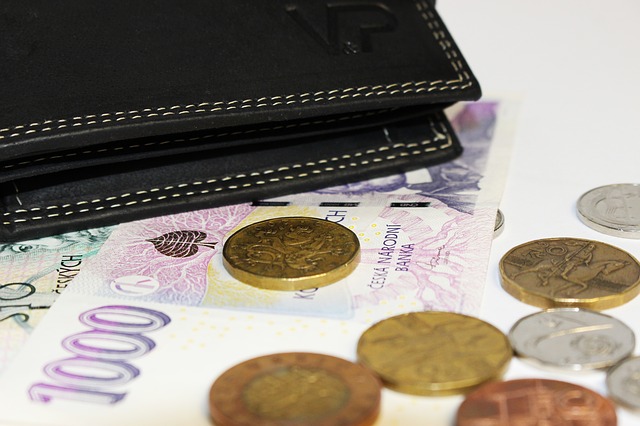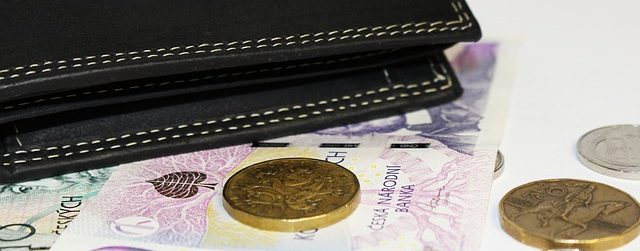Effects And Ramifications Of Not Correcting Common Money Mistakes
Learning how to properly manage and track your finances can be challenging. If you’ve faced money issues in the past, or you’re having a problem with sorting out your finances now, it’s important to get help right away. Budgeting your funds and avoiding overspending habits can help you get out of the shadow of debt and improve your credit. Here are just a few money mistakes to avoid and what you can do to enhance your financial lifestyle.
Mistake #1: Paying Bills Late
When creating a monthly budget, set up payment dates on your bills at least a week in advance. This gives you a little bit of wiggle room for the money to arrive before the due date. It also allows for possible hiccups when paying, such as:
-Bank account discrepancies
-Lack of paper check availability
-Snail mail delays
-Internet outages or not being able to access the payment website
Creating an early bill date allows extra time for the payment to reach its destination and helps you avoid the cycle of late fees and high-interest balances. If you’re having trouble paying your bills on time, contact the company or lender. They may be able to offer you a deferred payment option on your account. This will help thwart fees and save a late payment being reported to the credit bureaus. Another option is to seek professional help before you file for bankruptcy. A credit repair company may be able to help you gain control of your budget situation before it’s too late.

Andrew-Art / Pixabay
Mistake #2: Reckless Spending
Frequent expensive vacations, holiday spending and impulse buys can really put a damper on your finances—especially your savings. Any money that you’ve been saving up with each paycheck can be gone in the blink of an eye if you have a spending problem. So how much money should you be saving? As a general rule of thumb, you should follow the 50/30/20 rule, notes moneyunder30.com. In a nutshell:
-50 percent of your monthly income going toward living essentials such as rent
-30 percent for emergency and other unforeseen expenses
-20 percent directly for savings
Spending too much and going into debt can decrease your FICO or credit score, leading you into higher monthly credit card payments.
Mistake #3: Low Or Unsteady Monthly Income
If you are self-employed or you have a job position in which you don’t work regularly, your income fluctuates. This can have a huge impact on how much money you have each week to pay your bills on time. Stretching your paycheck can lead to financial disappointment with a downward spiral of late fees and collection costs that can ravage what money you have set aside for savings. Making a career change that offers more money and more reliable pay is the best way to pull out of the downward spiral. Avoid taking out high interest rate loans or payday loans to pay off your bills. This will entrap you financially and make it extremely difficult to pay off debt.
Mistake #4: Checking Finances Infrequently
Do you check your bank or credit balance on a daily basis? Or maybe you don’t check it all, or only when a paper statement comes in the mail. It’s important to stay on top of your bank balance daily or as frequently as possible. This is because there can be a discrepancy involving a withdrawal or direct deposit. Late fees and overdraft fees can accumulate rapidly, causing your finances to quickly spiral out control. In addition to your bank and credit card accounts, you should also check your FICO score and credit report monthly and sign up for credit report monitoring. This helps notify you when suspicious activity is identified on your account. Such as:
-More than one new credit card being opened in your name
-Large irregular spending habits occurring on your account
-Your credit card being used in multiple cities or states around the same time frame
-Any new changes to your address
-Adding an authorized user to your credit card account
-Multiple loan or account inquiries
Being notified of any major or unusual changes can allow you to explore further to protect yourself from identity theft and unauthorized credit or account use.
Knowing how much money ramifications affect your account is important. Stay on top of your finances and gain control of your future.

